We caught up with the brilliant and insightful Daria Trubitsyna a few weeks ago and have shared our conversation below.
Daria, appreciate you joining us today. How did you learn to do what you do? Knowing what you know now, what could you have done to speed up your learning process? What skills do you think were most essential? What obstacles stood in the way of learning more?
Being predominantly self-taught, I’ve cultivated every skill necessary for my daily art practice—whether for personal projects or producing artwork for a big client—over the years of learning on my own. For me, learning is a gradual, step-by-step journey. Initially, the sheer volume of information felt overwhelming. Still, as I progressed and understood the foundational principles, the process became faster and more intuitive. Understanding that everything can be deconstructed into shapes and values and catching up on my drawing skills was transformative for my painting practice. Similarly, learning and mastering industry-standard software for design and photography was essential. Learning becomes more efficient once you become fluent enough to recognize what you need for your work. But the ultimate skill to master – is the ability to learn itself and acknowledge that learning never ends, which should evoke a sense of excitement.
Finding a mentor is one of the best learning opportunities. If you’re fortunate enough to have one, count your blessings! For those without a mentor, seek out people who inspire you, people who have excelled in their craft, and learn as much as possible from them. Immerse yourself in their experiences, enroll in their workshops, listen to their podcasts, and ask questions. Reflecting on my own journey, I wish I had embraced this earlier—connecting with artists whose styles resonated with mine and learning from their wealth of experiences.
Time, in many ways, is an enemy. Don’t you wish you had more waking hours to accomplish everything you set out to do! Even having a fulfilling creative career, the constraints of a hectic schedule, stress, and fatigue can impact the ability to learn effectively. Finding time becomes a challenge in the pursuit of mastering your skills.
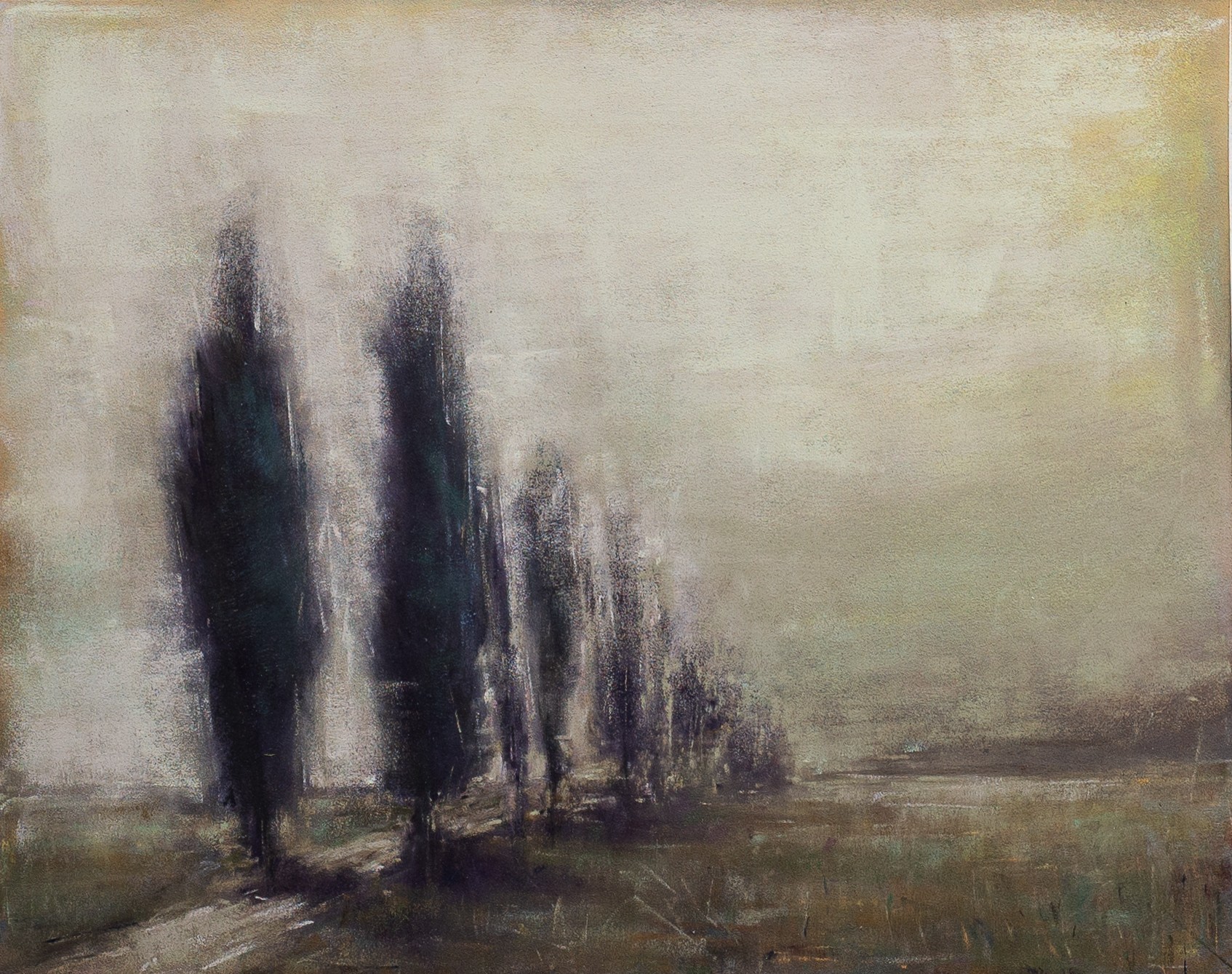
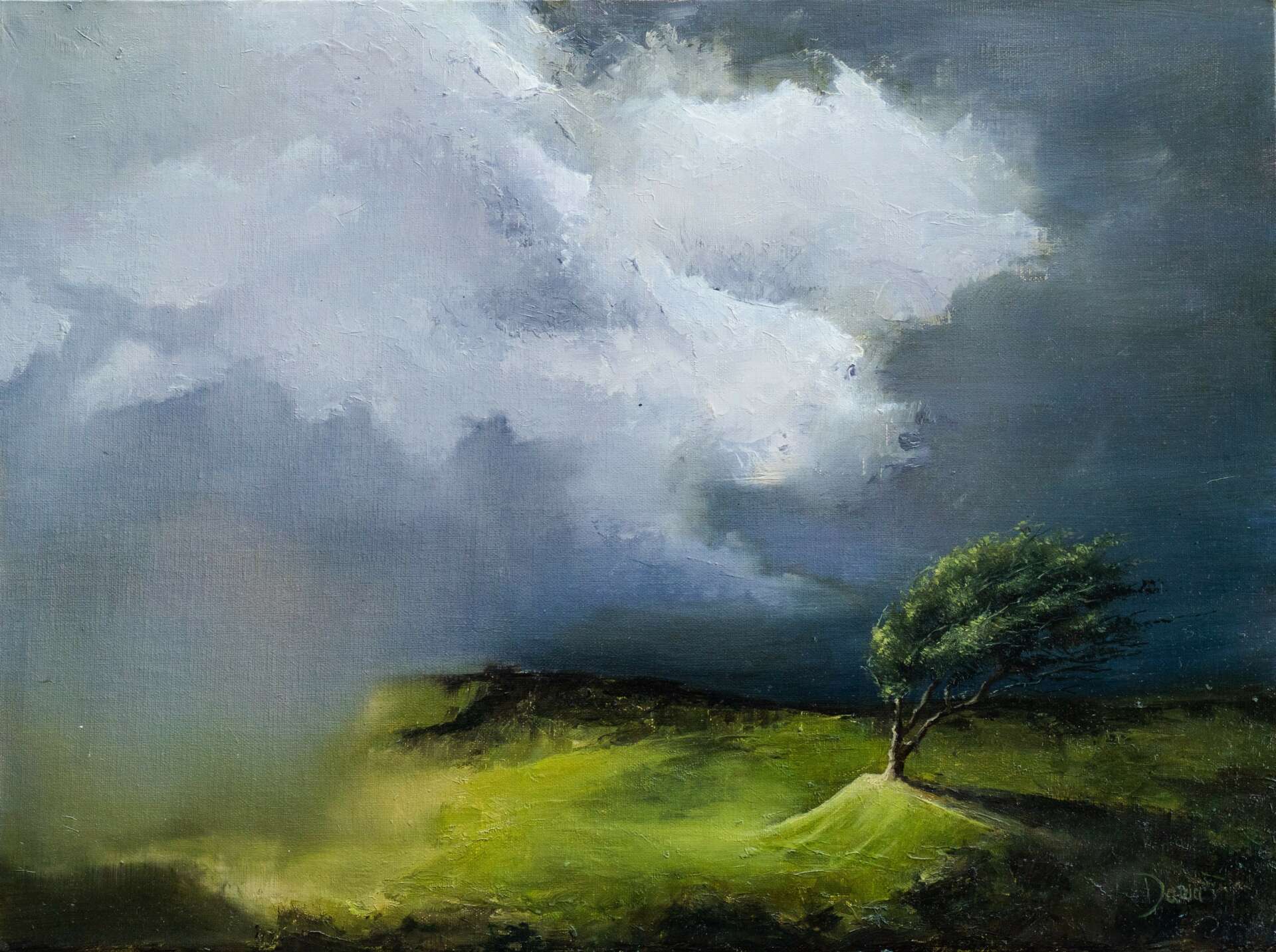
As always, we appreciate you sharing your insights and we’ve got a few more questions for you, but before we get to all of that can you take a minute to introduce yourself and give our readers some of your back background and context?
I’m a Los Angeles-based multi-disciplinary artist and a designer. Over the years, I wore many hats, from being a photographer and a retoucher to a graphic designer, eventually finding my path in the film and TV industry where I could marry my love for “all things cinema” with my graphic design background and a profound love for painting in creating key art for tv shows and independent films.
I’ve started painting as a way to cope with burnout and reconnect with my own artistic voice. Going from digital work to using traditional materials invigorated my passion for arts I had since childhood. Inspired by nature, I explore our own connection to it through my work, painting contemporary landscapes and beyond.
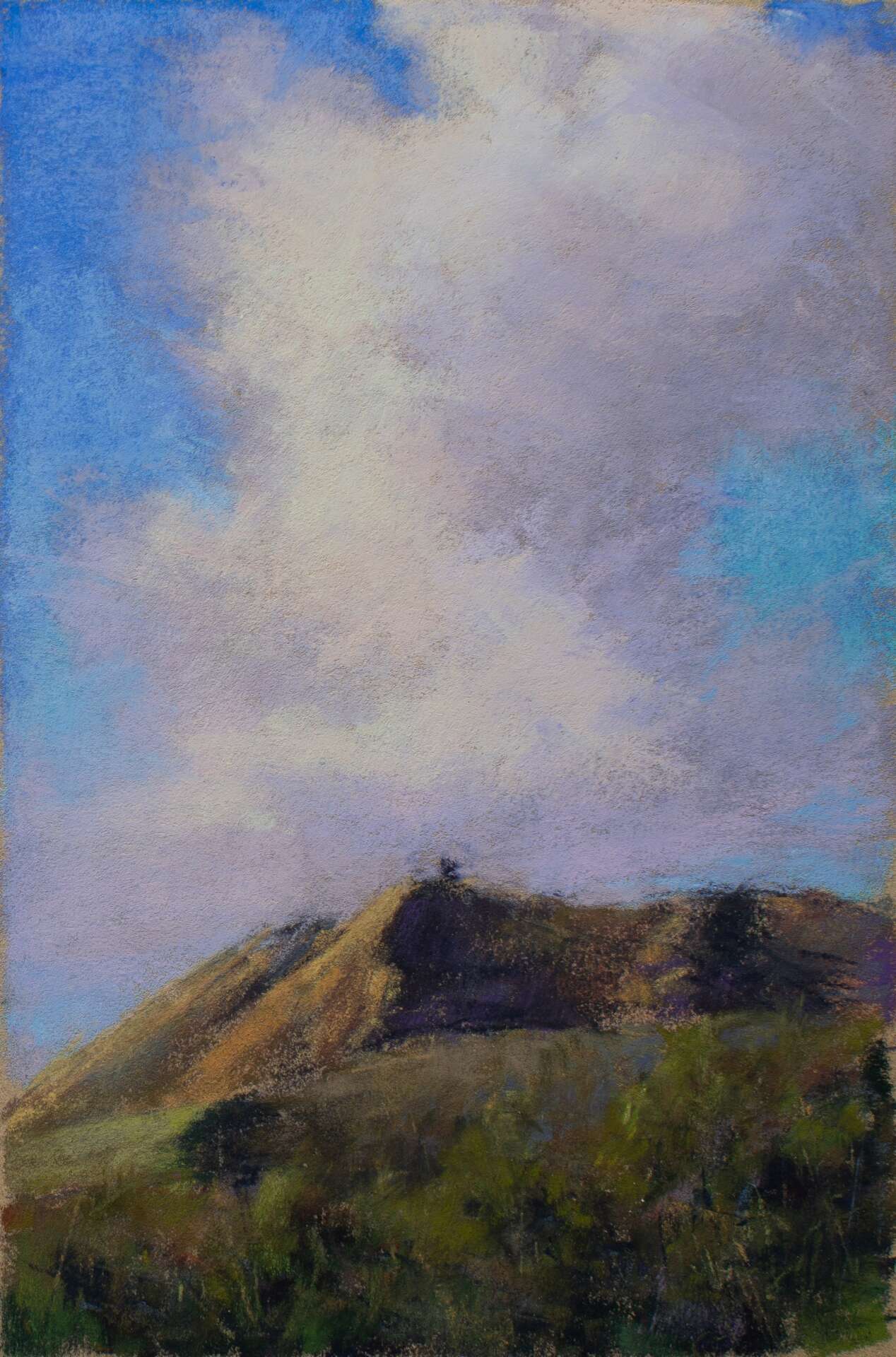
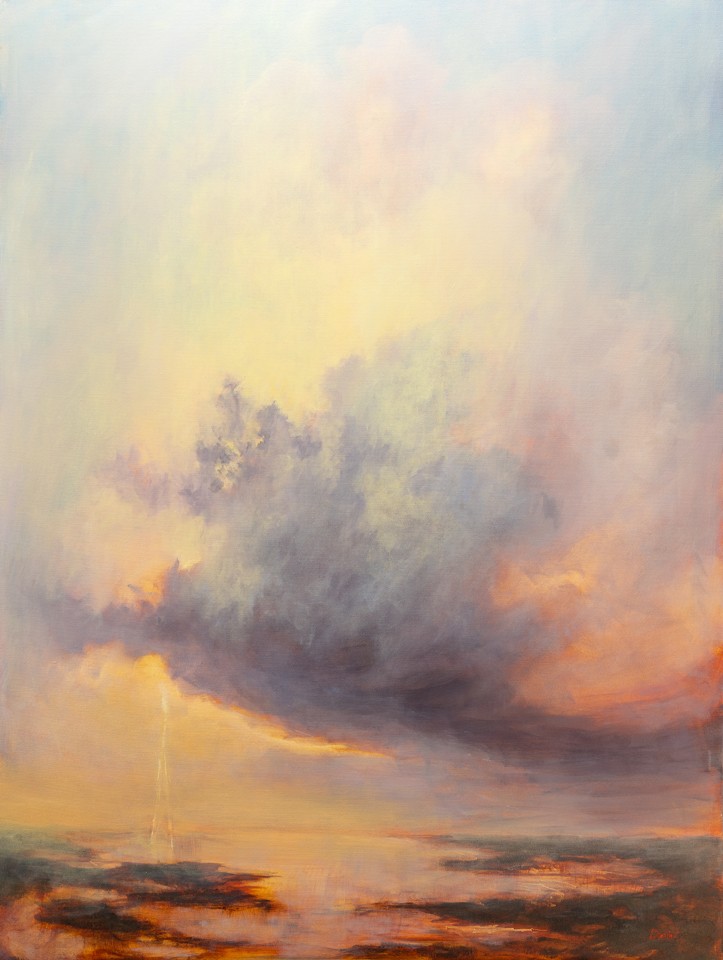
What’s the most rewarding aspect of being a creative in your experience?
The journey from a blank canvas to a completed piece is a rewarding experience. Witnessing the transformation of raw ideas that take shape and come together, sometimes in unexpected ways, is an allegory for life itself. From a state of unknowing, a fresh beginning unfolds, navigating through self-doubt and overcoming challenges, ultimately reaching a resolution—a place of contentment and accomplishment. But what is truly special is inspiring people and seeing how others connect with my work by finding a unique, personal meaning. And sense of reciprocity and a purpose it gives.

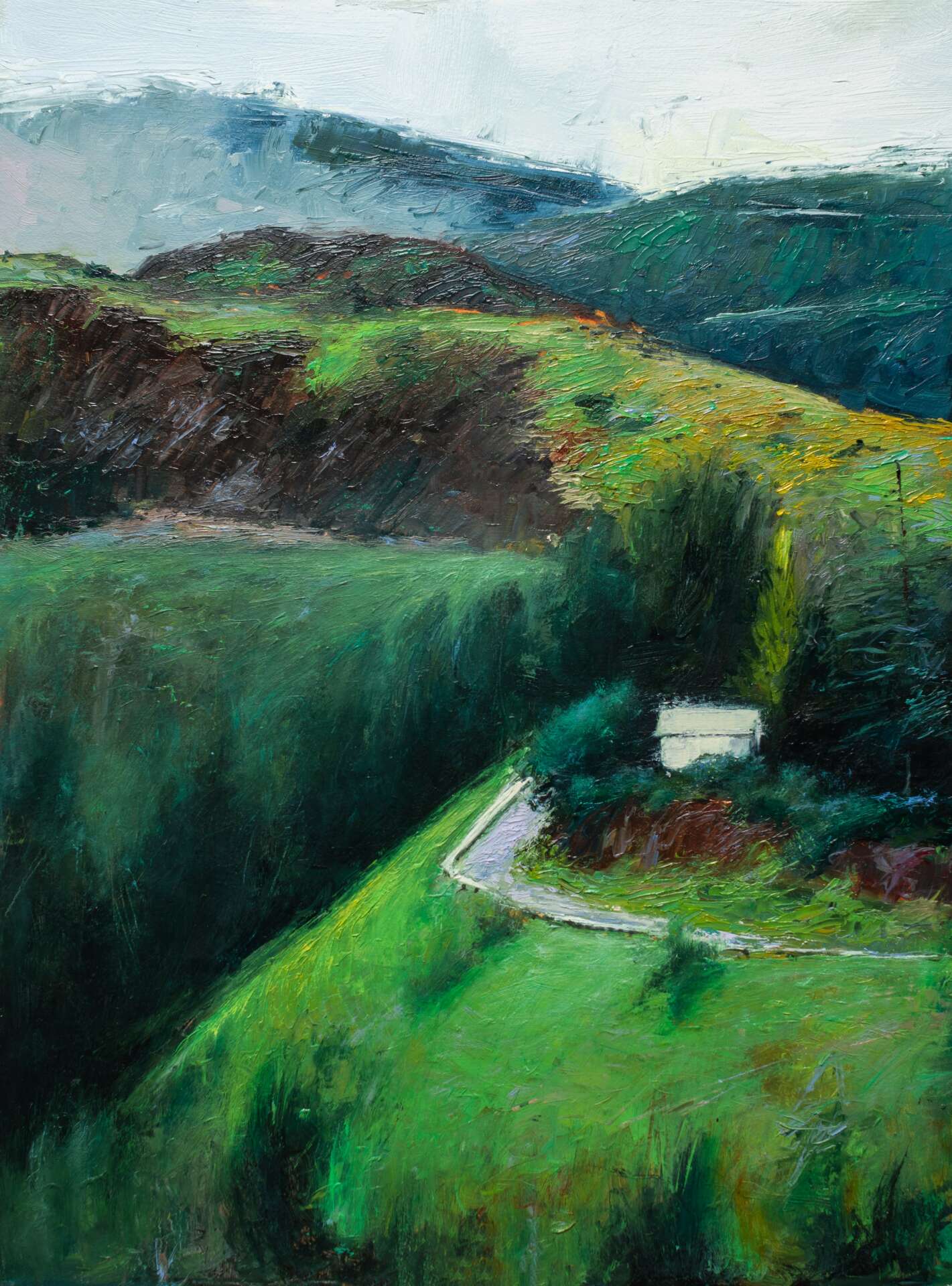
Is there something you think non-creatives will struggle to understand about your journey as a creative?
There’s a common misconception that a creative career is just a hobby, not a profession. This can lead to devaluing our work and a lack of serious consideration from others. Yet, being an artist is demanding, requiring expertise comparable to any other field. The artistic journey is often solitary, each project starting from scratch, accompanied by frequent self-questioning. Artists also navigate the business’s complexities, from handling logistics and managing marketing to interacting with clients. Good art may look effortless, but it actually involves a considerable amount of work behind the scenes.
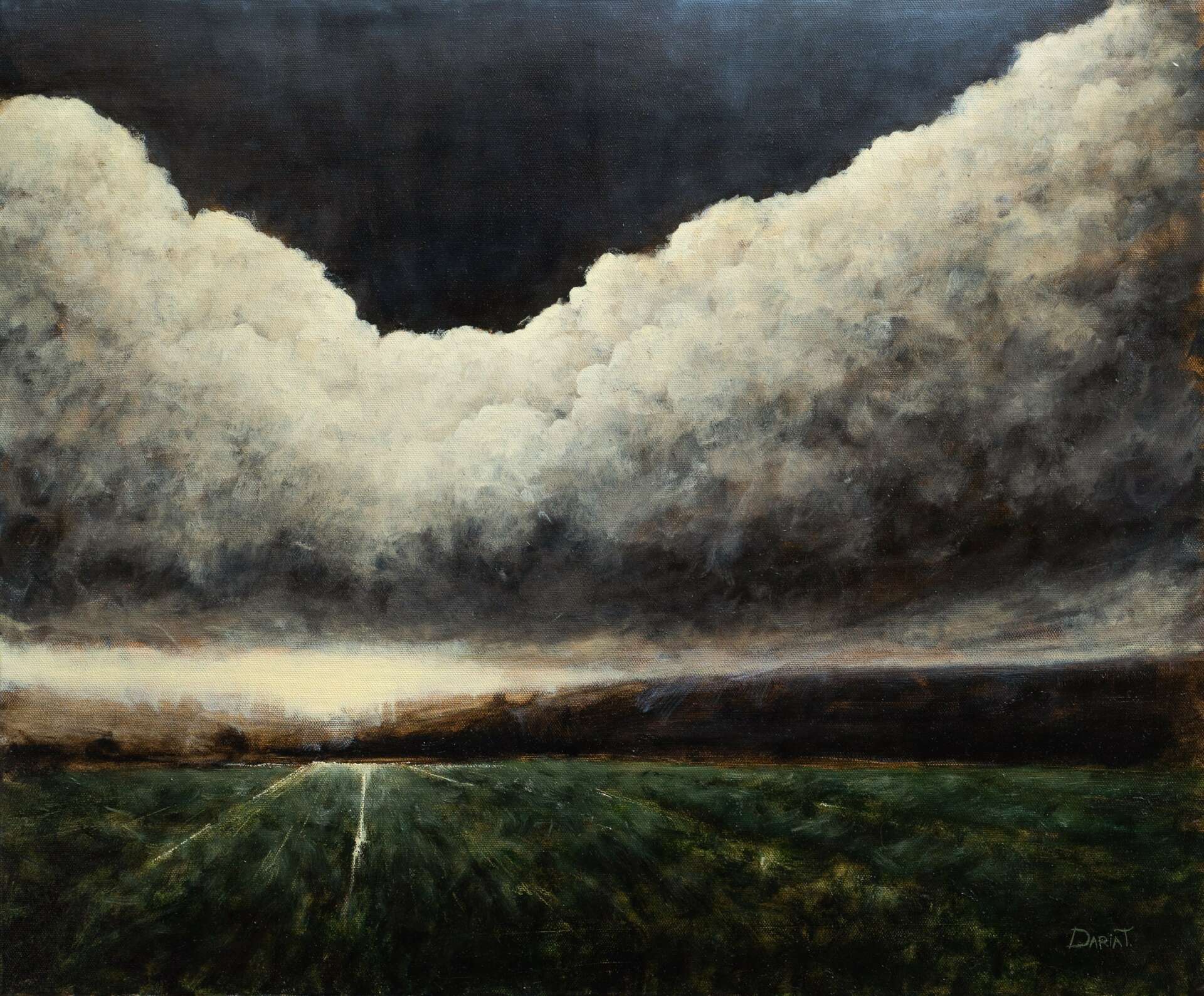
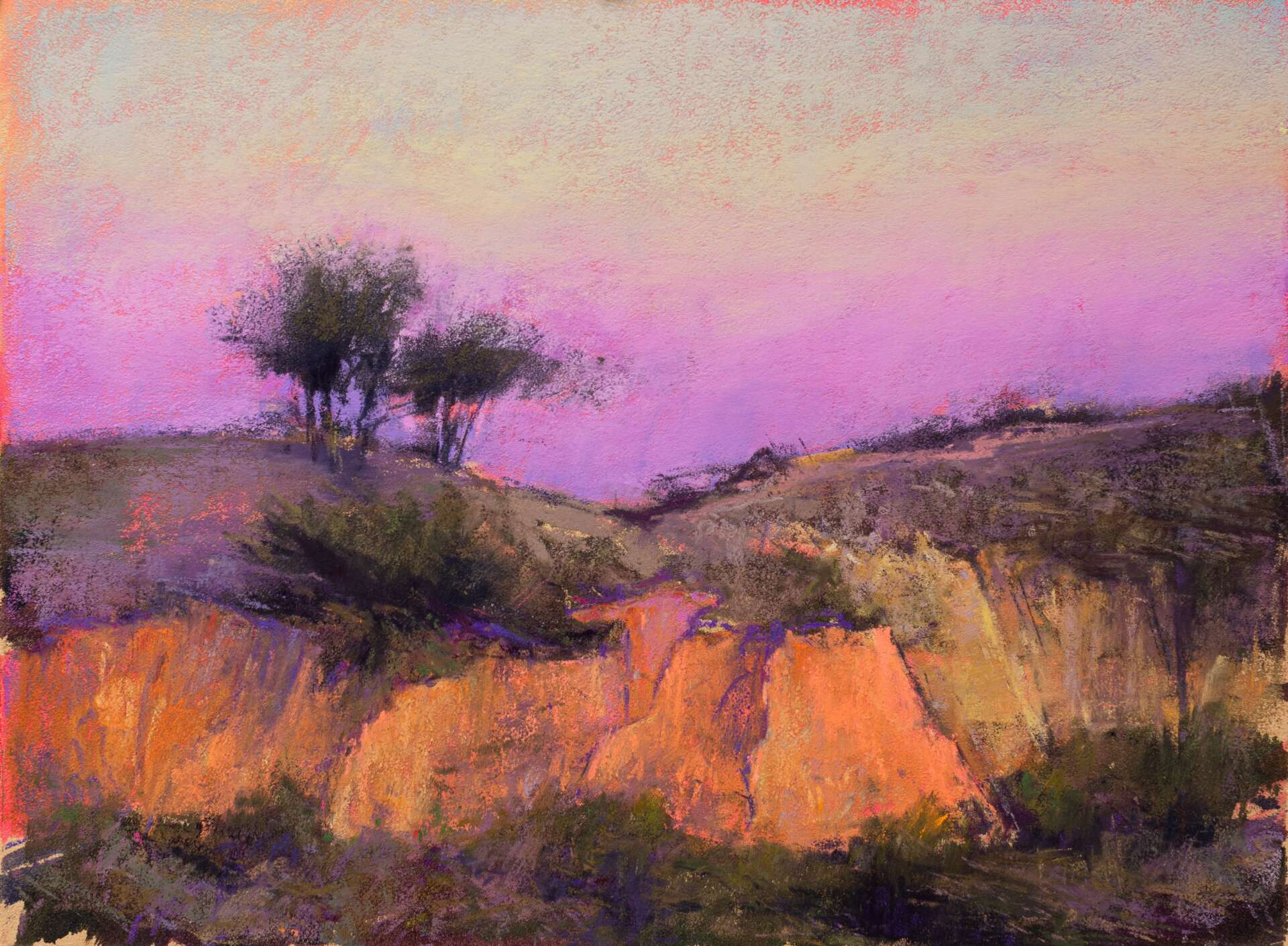
Contact Info:
- Website: https://www.dariavisualartist.com/
- Instagram: @daria_visual_artist


